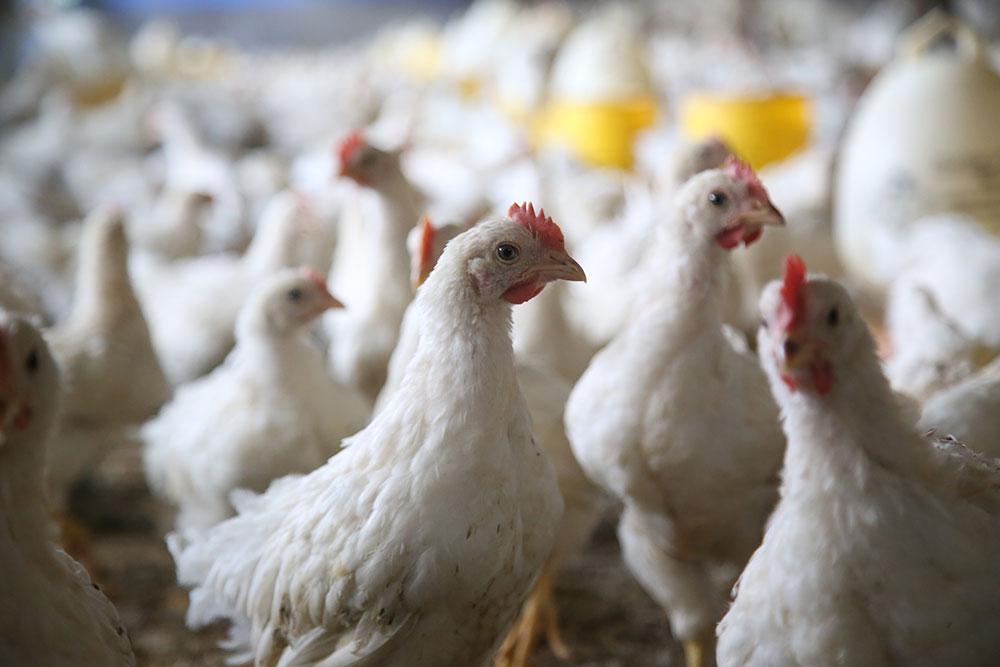New analysis released today by ABARES examines Australian Agriculture’s extensive sustainability credentials—and the importance of demonstrating them to consumers and investors in the future.
ABARES Executive Director Dr Jared Greenville said Australian agriculture can demonstrate strong sustainability credentials using global indicators when local context is taken into account.
“Compared to other significant agricultural producers, Australian farmers use less fertiliser, have better nutrient balances on their land and use more sustainable cropping practices,” Dr Greenville said.
“Australia’s near-zero use of agricultural subsidies avoids creating market distortions that create poor environmental outcomes from agriculture.
“That’s good news for Australia because environmental sustainability has become an increasingly large part of discussions on agricultural trade.
“We have a great story to tell—which can help us unlock extra value and help maintain market access overseas into the future.
“On the emissions front, we know that different production systems and environments will influence the emissions profile from agriculture.
“After adjusting emission intensity indicators to account for this diversity, Australia’s emission intensities are below the average for cereals, cattle and specialist beef production, compared to the major agricultural exporters.
“The Australian Government and industry have vital role ensuring that domestic and international markets understand the sustainable outcomes delivered across our agricultural industries.
“However, Australian agriculture will need to continue to improve its sustainability performance as consumer and trading partner government expectations are rising. The increased focus on sustainability will shape how Australia competes internationally in the future.”
The ABARES Insights Report: Sustainability and agri-environmental indicators – international comparisons report is available here www.agriculture.gov.au/abares/products/insights/environmental-sustainab…


